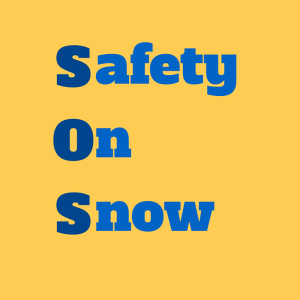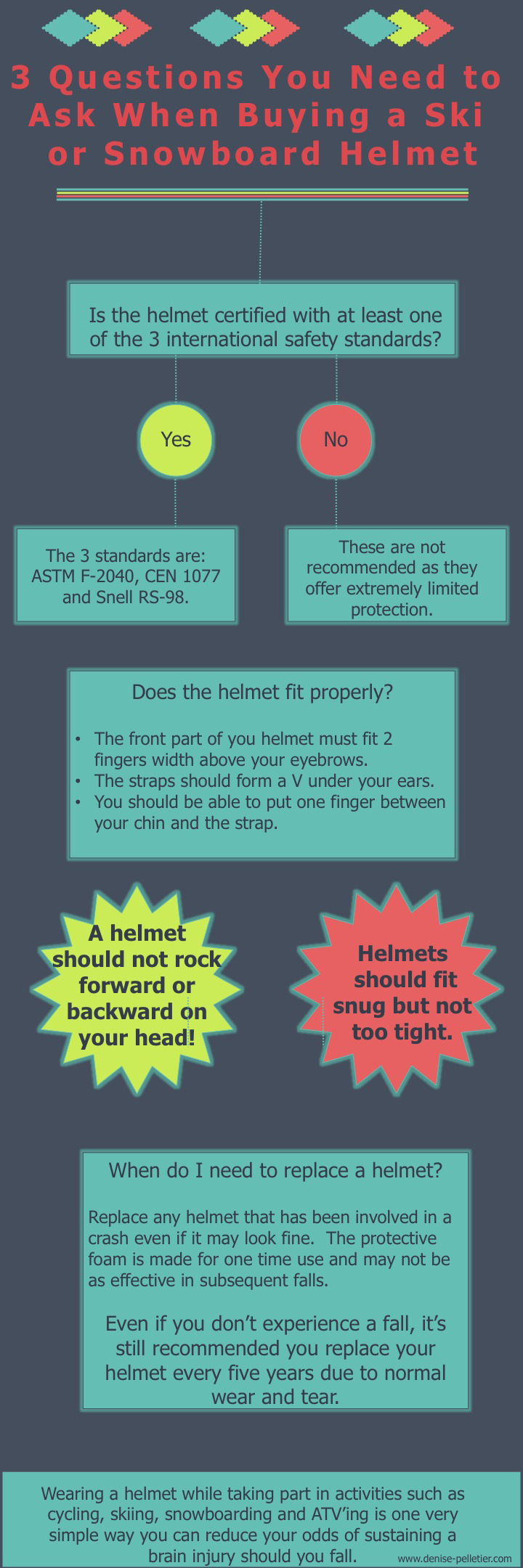As you find yourself in the midst of the fall season, you may be spending time outdoors taking advantage of the beautiful scenery for what may be the final few weeks before winter sets in. I know I sure am. With the change of the season, it’s likely you’re looking ahead in anticipation of the winter activities that you will be taking part in, which may include skiing or snowboarding.
In this week’s blog I share one quick easy way that you can enhance your safety on snow!
Depending on where you live, some regulations may or may not exist when it comes to using helmets when taking part in certain outdoor winter activities such as skiing and snowboarding. I am a firm believer that wearing a helmet is a very low cost form of insurance when it comes to reducing your likelihood of sustaining a brain injury. I know my brain injury would not have been nearly as severe had I been wearing one when I took a bad fall from an ATV.
I understand that there is some confusion you may have when purchasing a helmet, whether it’s one for you or for a child/grandchild in your family.
To make it a bit easier, I have put together a short infographic on what the three main questions are that you should be asking when you purchase a ski or snowboard helmet.
Make it a happy, healthy and safe winter for you and your family!














Great tips, Denise!! Very helpful! I am sad that helmets don’t prevent all brain injuries/concussions. The brain itself can still bounce or move around inside the skull and stretch or tear or shear neurons, thus injuring a brain. However, a helmet may keep a skull from sustaining a fracture, which, of course, may injure a brain more seriously. I wish I’d been wearing a helmet in the car accident I was in, though I don’t know that I wouldn’t have still sustained an injury to my brain. My injury would likely have not been so serious, as to cause a near-death experience for me.